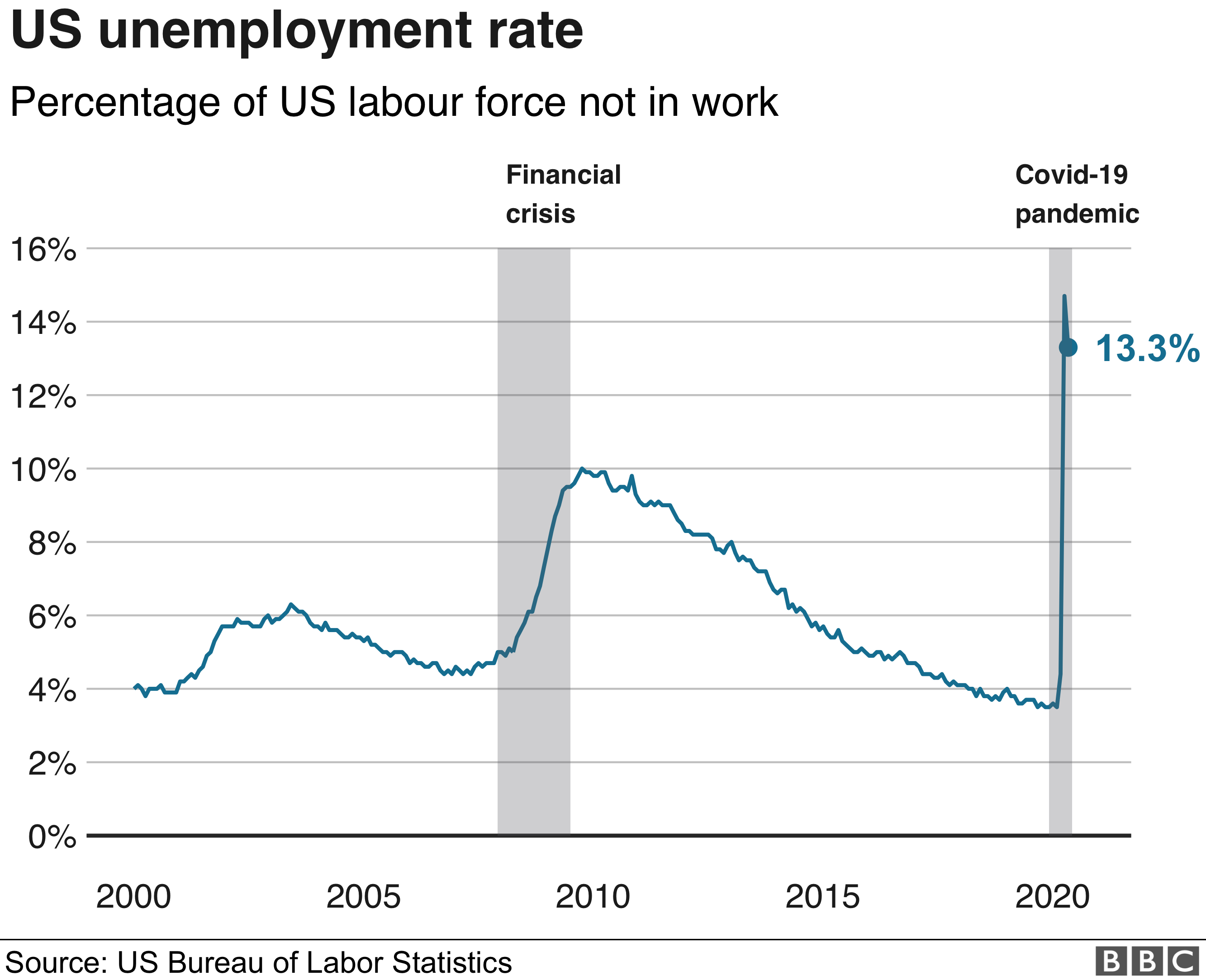OECD Predicts Slow Canadian Economic Growth In 2025: No Recession Expected

Table of Contents
Key Factors Contributing to Slowed Canadian Economic Growth in 2025
Several interconnected factors contribute to the OECD's prediction of slow Canadian economic growth in 2025. These include persistent inflation, higher interest rates, global economic uncertainty, a cooling housing market, and reduced consumer confidence.
-
Persistent Inflation: High inflation continues to erode purchasing power, impacting consumer spending and business investment. This reduces overall demand and slows economic activity. The persistent inflationary pressures are forcing consumers to prioritize essential spending, leaving less room for discretionary purchases.
-
Higher Interest Rates: The Bank of Canada's efforts to curb inflation have led to increased interest rates. This makes borrowing more expensive, significantly impacting the housing market and slowing down investment in other sectors. The higher cost of mortgages is already cooling the once-hot housing market.
-
Global Economic Uncertainty: Geopolitical instability and global economic slowdowns create headwinds for Canadian exports. Reduced global demand weakens the performance of export-oriented industries and impacts overall Canadian GDP growth. The interconnectedness of the global economy means Canada is not immune to international economic shocks.
-
Cooling Housing Market: The combination of higher interest rates and reduced consumer confidence is cooling the Canadian housing market. This slowdown has a ripple effect, impacting related industries such as construction, real estate, and furniture manufacturing. The housing sector's significant contribution to the Canadian economy makes this a crucial factor to monitor.
-
Reduced Consumer Confidence: Economic anxieties surrounding inflation, interest rates, and global uncertainty are eroding consumer confidence. This decreased confidence translates into reduced spending and investment, further dampening economic growth. Surveys show a significant drop in consumer confidence, reflecting the prevailing economic sentiment.
OECD's Specific Predictions for Key Economic Indicators in 2025
The OECD's report provides specific quantitative predictions for key economic indicators in 2025. While the exact figures are subject to revision, the general trends are clear. (Note: Replace the bracketed information below with the actual data from the OECD report).
-
Projected GDP Growth Rate: [Insert Percentage]% - A significant slowdown compared to previous years.
-
Predicted Unemployment Rate: [Insert Percentage]% - While remaining relatively low, an increase is anticipated.
-
Forecast Inflation Rate: [Insert Percentage]% - A gradual decrease is expected, but inflation will remain above the Bank of Canada’s target.
-
Expected Levels of Business Investment: [Insert Details] - A more cautious approach to investment is anticipated due to economic uncertainty.
-
Potential Fluctuations in the Canadian Dollar: [Insert Details] - The Canadian dollar’s value could experience fluctuations depending on global economic conditions and interest rate differentials.
Why the OECD Doesn't Anticipate a Recession in Canada
Despite the projected slow growth, the OECD does not anticipate a recession in Canada in 2025. This optimism is based on several key factors:
-
Strength of the Canadian Labor Market: The Canadian labor market remains relatively strong, with low unemployment rates. This provides a cushion against economic downturns. A robust labor market indicates continued consumer spending and overall economic resilience.
-
Diversity of the Canadian Economy: Canada's diversified economy helps mitigate the impact of sector-specific shocks. The reliance on multiple industries lessens the impact of any single sector's downturn.
-
Government Support: Government policies aimed at supporting economic stability and growth play a crucial role in mitigating the impact of slowing growth. This may include targeted investments in infrastructure or social programs.
-
Potential for Increased Government Spending: Targeted government spending in key sectors could stimulate economic activity and offset some of the negative impacts of slower growth. This proactive approach can help maintain economic momentum.
Implications for Businesses and Consumers in Canada
The OECD's predictions have important implications for businesses and consumers in Canada. Adapting to the changing economic conditions is vital for success.
-
Businesses: Businesses should adopt cautious investment strategies, focusing on efficiency improvements and organic growth. Diversification and exploring new market opportunities are also crucial. Careful financial planning and risk management are paramount.
-
Consumers: Consumers should prioritize responsible financial planning, focusing on managing debt and building emergency savings. Careful spending habits and a focus on needs over wants are crucial. Monitoring personal finances closely and adjusting spending accordingly is advisable.
Conclusion:
The OECD's forecast for the Canadian economy in 2025 indicates slower growth, but importantly, avoids predicting a recession. This nuanced outlook highlights the complex interplay of factors such as inflation, interest rates, and global economic uncertainty. However, the resilience of the Canadian labor market and the diversity of its economy provide a buffer against significant economic downturn. Understanding the nuances of the OECD's prediction on slowed Canadian economic growth is crucial for informed decision-making. Stay informed about future economic forecasts and adapt your strategies accordingly to navigate the evolving economic landscape effectively. Continue to monitor the Canadian economic outlook for further insights.

Featured Posts
-
 Jennifer Lopez Confirmed As American Music Awards Host For May Event
May 28, 2025
Jennifer Lopez Confirmed As American Music Awards Host For May Event
May 28, 2025 -
 Transfer News Man United Favored To Sign Rayan Cherki
May 28, 2025
Transfer News Man United Favored To Sign Rayan Cherki
May 28, 2025 -
 M 5 15
May 28, 2025
M 5 15
May 28, 2025 -
 Jacob Wilson Breakout Star Or Flash In The Pan A Poll Explores
May 28, 2025
Jacob Wilson Breakout Star Or Flash In The Pan A Poll Explores
May 28, 2025 -
 How The Rome Champ Stays Ahead Of The Competition
May 28, 2025
How The Rome Champ Stays Ahead Of The Competition
May 28, 2025
